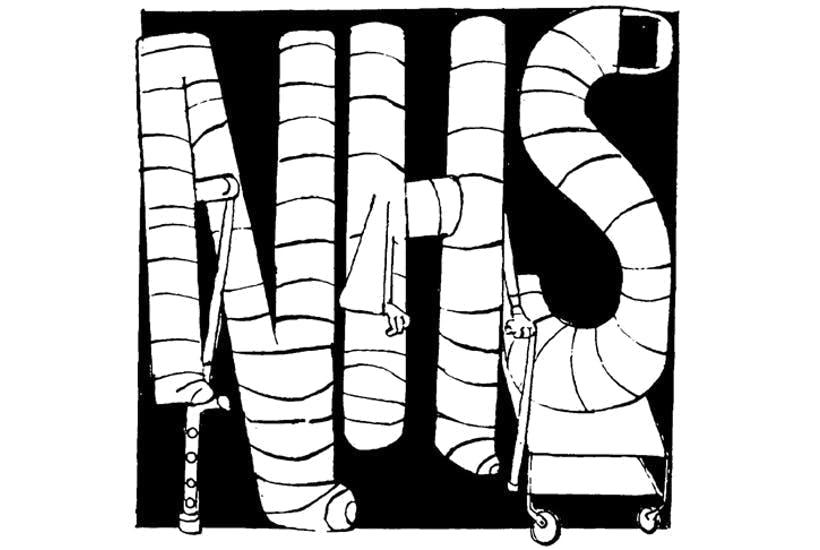My patient has sepsis. The window for treatment is short; in less than an hour, he could die. In urgent care, the direct line to ambulance control bypasses 999: it lets the call handler know a doctor requires urgent attention for a sick patient. Ten minutes: no response. I’m on a second phone to central dispatch: what is going on? A critical incident has been called; the service is overwhelmed. Finally, after 15 minutes, the phone answers and help is on its way.
Worryingly, this is far from an isolated incident. Last week, it was reported that an ambulance service sent a taxi to a GP practice in Bristol to collect a patient with a broken hip after a nine hour wait. In October, the average NHS response time for a category two (emergency) call rose to 54 minutes; this is more than double the national standard of 18 minutes. Such delays, in situations in which every minute counts, can cost lives.

Get Britain's best politics newsletters
Register to get The Spectator's insight and opinion straight to your inbox. You can then read two free articles each week.
Already a subscriber? Log in






Comments
Join the debate for just £1 a month
Be part of the conversation with other Spectator readers by getting your first three months for £3.
UNLOCK ACCESS Just £1 a monthAlready a subscriber? Log in